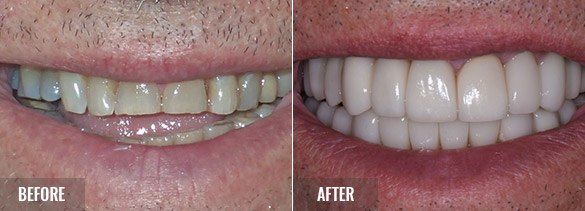What is Kidney Disease?
Chronic kidney failure, also known as chronic kidney disease, refers to a gradual decline of kidney functionality. The kidneys serve as filters, removing excess fluid and toxins from the blood. These waste products are then excreted via urination. In the advanced stages of chronic kidney disease, the body may accumulate harmful levels of waste, electrolytes, and fluid.
There may be few noticeable symptoms of kidney failure in the earliest stages. Often, the condition only becomes evident after there is significant impairment of kidney functionality.
- Chronic Kidney Disease (CKD) affects 26 million Americans.
- Early detection can help prevent progression of the disease – which ultimately can lead to kidney failure and death.
- Early detection can be difficult because the signs and symptoms of kidney disease, and even acute kidney failure, are often overlooked.
- Causes can include immune system conditions such as lupus and chronic viral illnesses such as HIV/AIDS, hepatitis B, and hepatitis C.
- Other causes include inflammation in the tiny filters (glomeruli) within the kidneys; this can happen after strep infection and other infections.
- Polycystic kidney disease, in which fluid-filled cysts form in the kidneys over time, is the most common form of inherited kidney disease.
Symptoms of chronic kidney disease:
- Nausea and vomiting
- Passing only small amounts of urine
- Swelling, particularly of the ankles, and puffiness around the eyes
- Persistent fatigue or shortness of breath
Treatment Options
- People with CKD may experience worsening high blood pressure. Your doctor may recommend medications to lower your blood pressure to preserve kidney function.
- Your doctor may recommend medications called statins to lower your cholesterol. People with CKD often experience high levels of bad cholesterol, which can increase the risk of heart disease.
- People with CKD may retain fluids. This can lead to swelling in the legs, as well as high blood pressure. Medications called diuretics can help maintain the balance of fluids in your body.
How is chronic kidney disease related to your mouth?
While additional research is needed to understand fully why gum disease and tooth loss are associated with higher prevalence of CKD, the destructive nature of chronic inflammation may play a role. Both periodontal disease and chronic kidney disease are considered inflammatory conditions, and previous research has suggested that inflammation may be the common link between these diseases. Since untreated periodontal disease can ultimately lead to tooth loss, CKD patients may have been exposed to chronic oral inflammation.








